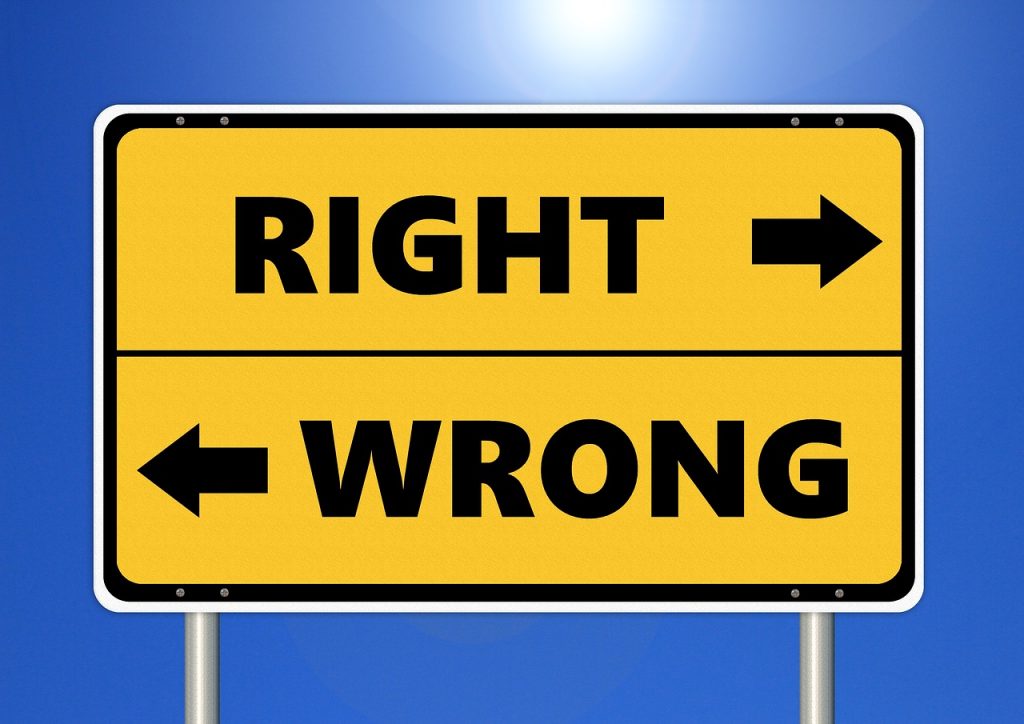Since I’m going into sports broadcasting I interviewed Sam Panayotovich of WGN Sports. I wanted to see how that specific type of reporting is for dealing with ethical situations. He has been working at WGN sports for three years and is a graduate of Columbia College Chicago.
One of the biggest issues that he and others face is that if anything an athlete may say anywhere on the field or in the locker room is acceptable to use or a do a story on. The other is can he record the conversation or not.
He said you shouldn’t use audio of them in passing or by their locker unless it’s a session or other people all have microphones out, and the biggest is consent to use it. He’s had some good audio or quotes he has heard when he has been on the field or in the locker room but hasn’t used it because he didn’t get permission.
He said he could use it but there can be a backlash from it. If it was groundbreaking the player might not ever talk to him again and the team could ban him from covering them. His company could fine him as well. He said you always have to be on the ball of things ethically correct. He would never put something on air or in print unless he’s had an interview with them face to face or at an official press conference where others are also asking that player questions.
Everything is fair game to be used when he’s using a microphone or others are because it signals the player wants people to hear what he had to say. Players know when a device is being used that anything they say can be used. But he said how we all walk around and say things that if he doesn’t get it directly from me face to face. That he doesn’t lean on anyone’s shoulder and barges in to listen. He never used a device to record anyone unless he has permission so the device is never turned on till he gets the ok he can or is looking eye to eye.
He did have one ethical example of something that happened to him. He was in a team’s clubhouse and a Cubs player said he was tired of his team losing. It was a casual conversation and he didn’t have the microphone on when they were talking.
If someone comes up to you to talk and you know them they will talk to you. The player was fed up with coming everyday when the team would keep on losing because they were in a huge losing streak. That it was bad and they weren’t going to win so what’s the point in wasting time and trying?
He didn’t have anything recorded but he could have called a station and tell them he had a story on what a player said. But he didn’t because he thinks that is bad journalism and not morally right to do that to a player.
That was his biggest and only issue so far on the job. That he has been lucky not have to deal with any really huge ethical dilemmas because he just does simple reporting on the games he is assigned to. His biggest thing is that anything you report on has to be the right way. There are wrong ways to do it and right ways. He has to report on things everyday but has been lucky not do have a problem in ethics.
So the biggest thing in sports to deal with is on and off the record reporting. That when is it ok to use something you recorded and its true for all fields of journalism and broadcasting as a whole. That you need to remember not everything recorded or said is ok to use unless you have permission to use it or it’s a set interview or press conference.

